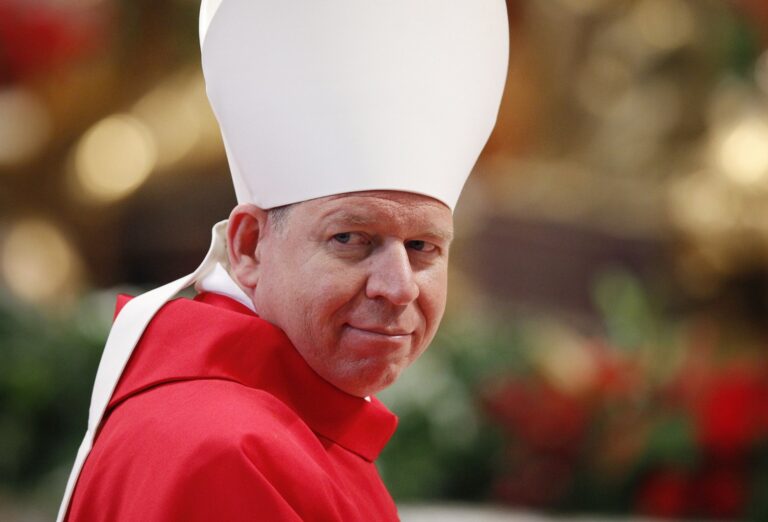The president of the Council of Bishops’ Conferences of Europe (CCEE) has said the six-day European Continental Synodal Assembly of the Catholic Church that brought together representatives from all parts of Europe was an important step on the path way to the World Synod.
Many differences became clear in the meeting but listening to one other contributed to “moving forward and growing together”, Archbishop Gintaras Grusas told Germany’s Catholic News Agency (KNA) at the end of the consultations at the weekend. This experience was “more important than any text that can come out”, he said.
The bishops, priests and laypeople who had met in Prague last week discussed a 20-page final document containing various responses to the crisis in the Catholic Church. Grusas said the main aim was to listen to and better understand one another’s points of view.
Cardinal Mario Grech, who as Secretary General of the Secretariat of the Synod is responsible for the synodal process in the Vatican, voiced a similar view after the assembly. “We learned that we have different backgrounds and different positions. But we managed to walk together and work together,” he told the Swiss Catholic news site kath.ch in an interview on Sunday. This had proven to be productive, he added.
The moderator of the World Synod, Cardinal Jean-Claude Hollerich, said the tensions that had come to light in Prague were normal. Despite this, he had experienced a feeling of Church community, the archbishop of Luxembourg said in an interview with the Cologne Catholic news site domradio.de. It was the first time “that we were able to speak so freely in Europe and that everyone was able to present their views and be heard”.
However, he warned against overly ambitious expectations of reform. “It is not a synod on women’s ordination, nor is it a synod on homosexuality,” he said. Instead, it was about synodality, community, participation and the mission of the Church. “And if we experience an organised structure of the Church there, then we know how to address other problems,” he said. However, the Europeans could not decide everything in this process. “We are a large Universal Church and Europe is a very small group,” said the cardinal. One therefore needed to become humble.



